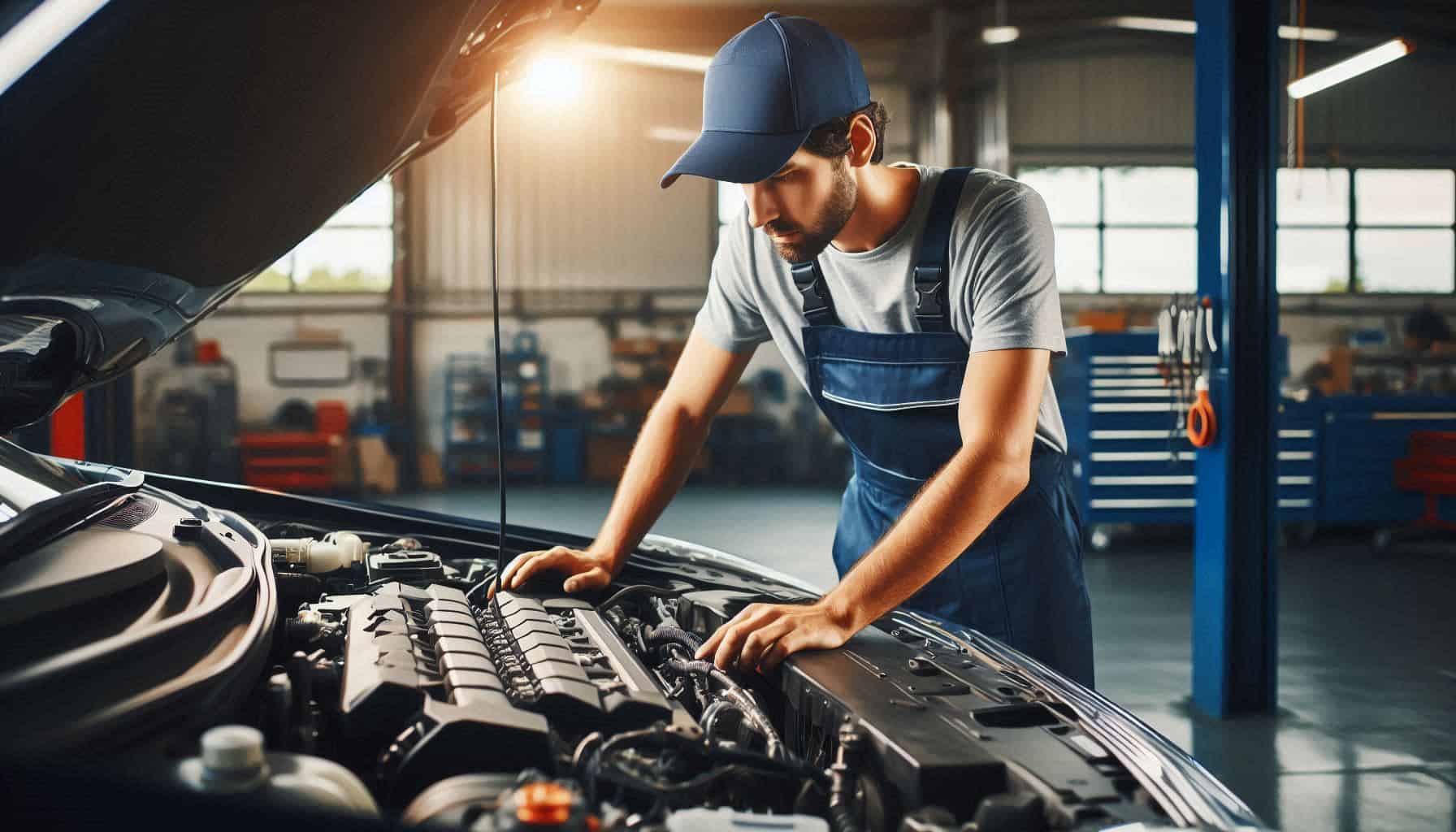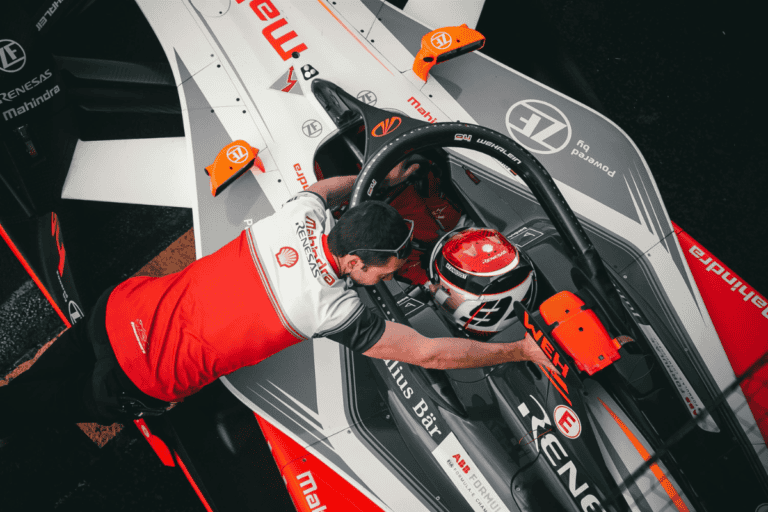Irrespective of whether you are just a typical driver or a car enthusiast, you should know the Basic parts of a car. The knowledge will help you communicate well with the automotive technician handling your vehicle’s maintenance or repair work.
Inside this fascinating large machine (i.e., Car), thousands of parts work together to make it possible for the machine to move you from one place to another.
Parts of A Car and Their Functions
This article sheds light on a few of the basic parts of a car and their functions, which will help you become an educated consumer.
1. Car Engine
We have kept the engine at the top of our list because it is the heart of the Car. It converts the fuel supplied to the energy needed to power the vehicle. The engine is the most essential part under the hood; no car can run without it.
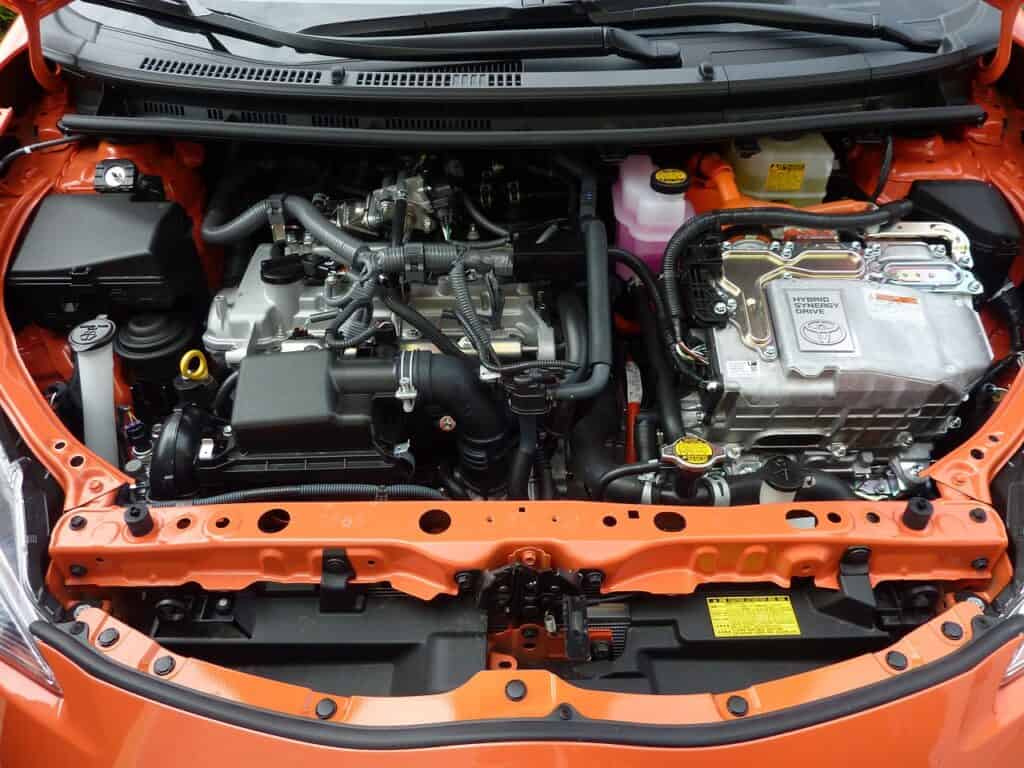
Most vehicles have internal combustion (IC) engines, which produce energy by igniting an air-fuel mixture. However, some cars are powered by electric motors, accelerating faster than traditional IC engines.
2. Battery
Another essential car component is its battery, which stores energy in a chemical form. The energy stored in the battery is released as electrical energy and used to operate various electrical components in the Car.
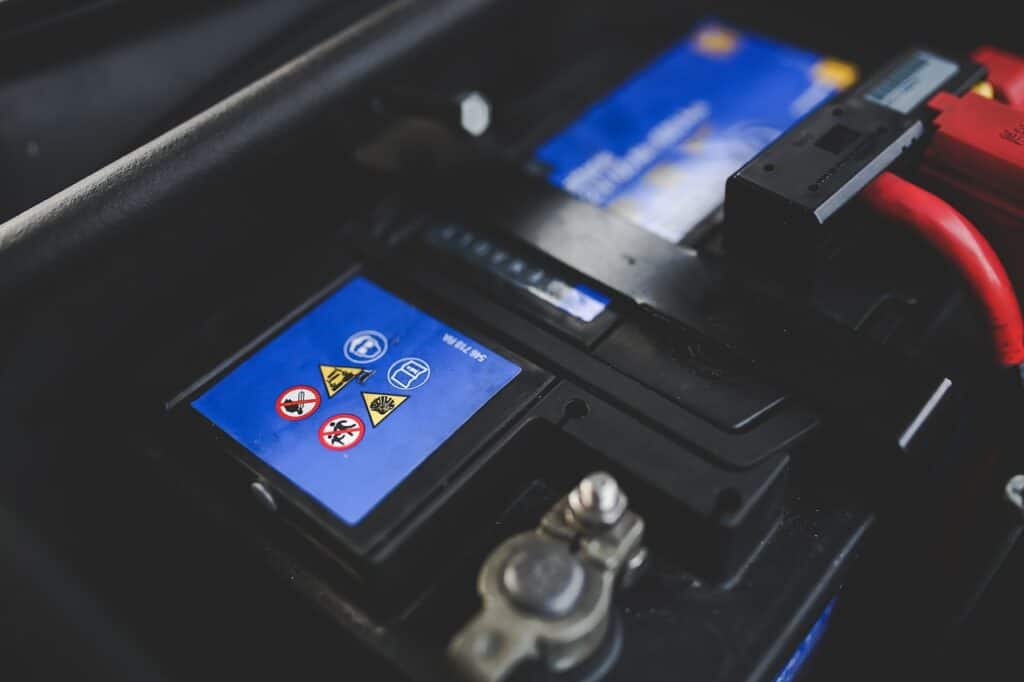
In addition, a car relies on the battery’s power to start when the ignition is turned on. So, if the battery is dead, you won’t be able to fetch the power required to start the vehicle.
3. Alternator
An alternator can convert the mechanical energy produced by your Car’s running into electrical energy. In other words, this device or part of a car generates electricity. At the same time, the engine operates and keeps your battery charged, eventually ensuring a smooth operation of all vehicle electrical components.
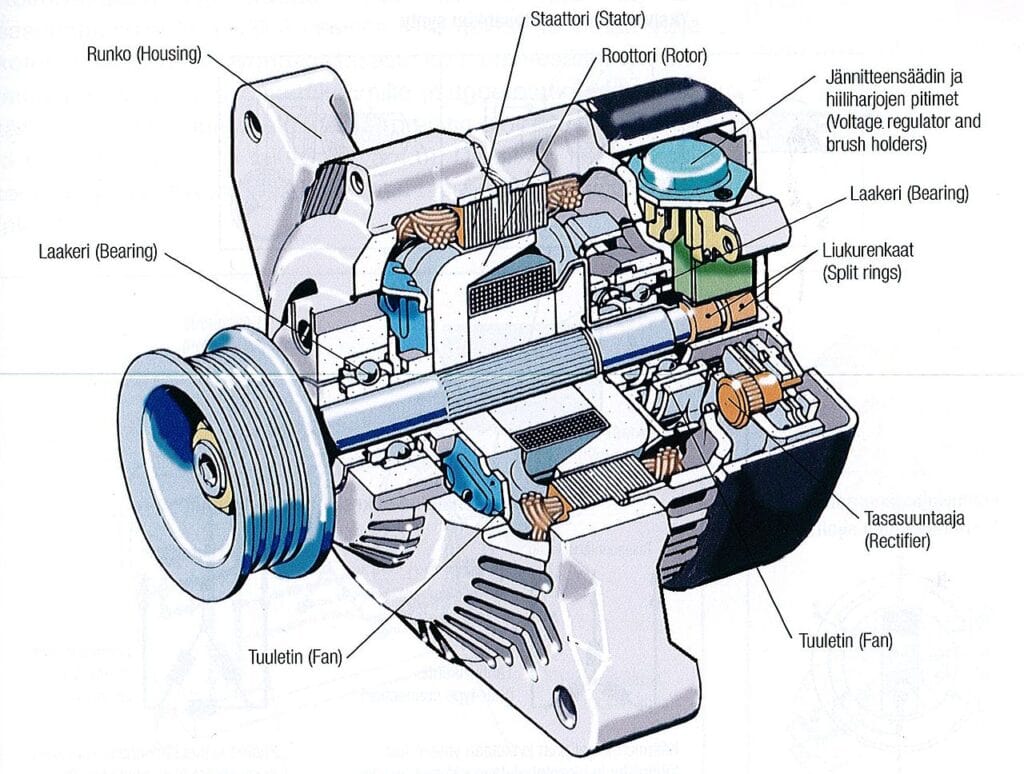
If you notice any signs of a problem with your Car’s alternator, get it checked by a technician as soon as possible. Otherwise, the alternator’s issues will also affect the battery
4. Transmission
A car’s transmission, also known as a gearbox, takes the engine’s power and transfers it to the wheels. It comprises various components. And helps effectively use the engine’s torque.
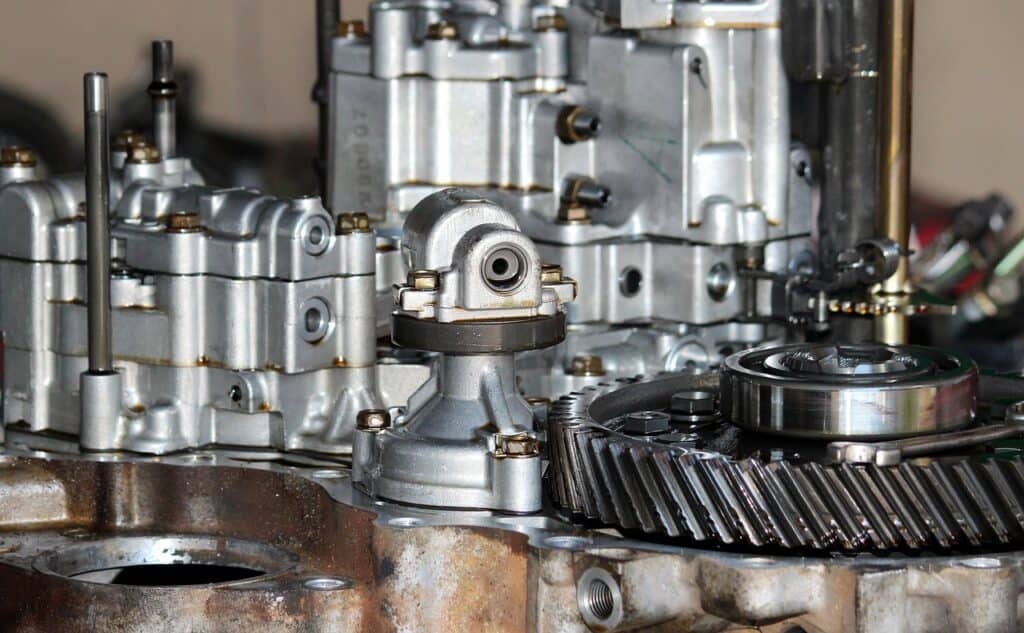
There are usually two types of transmissions: manual and automatic. If your vehicle has a manual transmission, you must change the gear with the shifter or gear lever provided. If an automatic transmission is in place, you will not need to change gears manually.
5. Brakes
They are brakes that you use to stop or slow your vehicle, so they are worth being on our list of the basic parts of a car. As far as the types of brake systems used in most cars are concerned, they are disc brake and drum brake systems. Brakes work as a safety system in a vehicle.
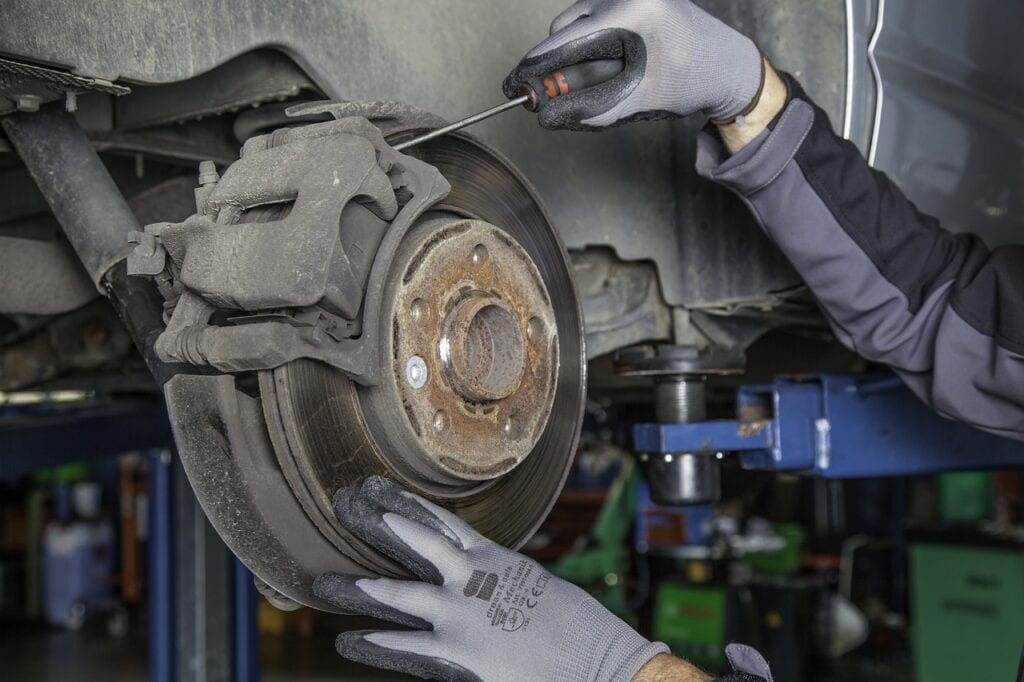
Disc brakes feature brake pads, rotors, and callipers. They are found on the front and back wheels. On the other hand, drum brakes feature brake shoes and wheel cylinders. They are found on the back wheels.
6. Radiator
Every vehicle has a cooling system, which helps prevent the engine from overheating. Liquid coolant flows through the custom and gets hot after extracting heat from the engine to lower its temperature.
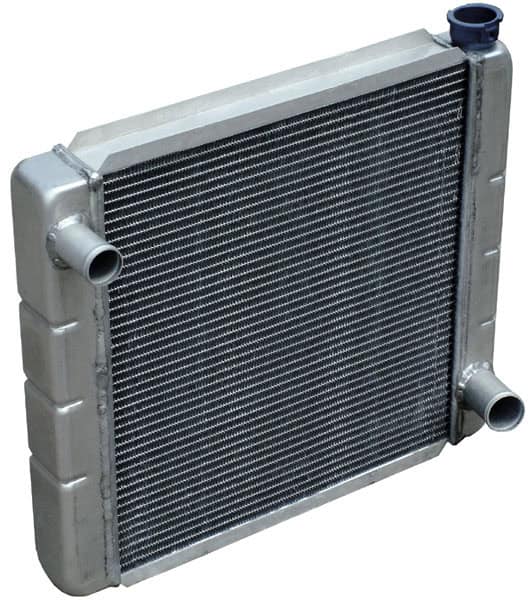
The hot coolant must cool down before it circulates back to the system to extract more heat from the engine. Here, a radiator comes into play. The radiator installed in the cooling system removes heat from the hot coolant to lower its temperature so that it can be used again to extract more heat from the engine.
It’s considered good practice to check the coolant level at least twice a year for general radiator maintenance.
7. Shock Absorbers
Shock absorbers are a crucial part of your Car’s suspension system. They ensure a stable and comfortable ride by maintaining contact between the road surface and the vehicle’s tyres.
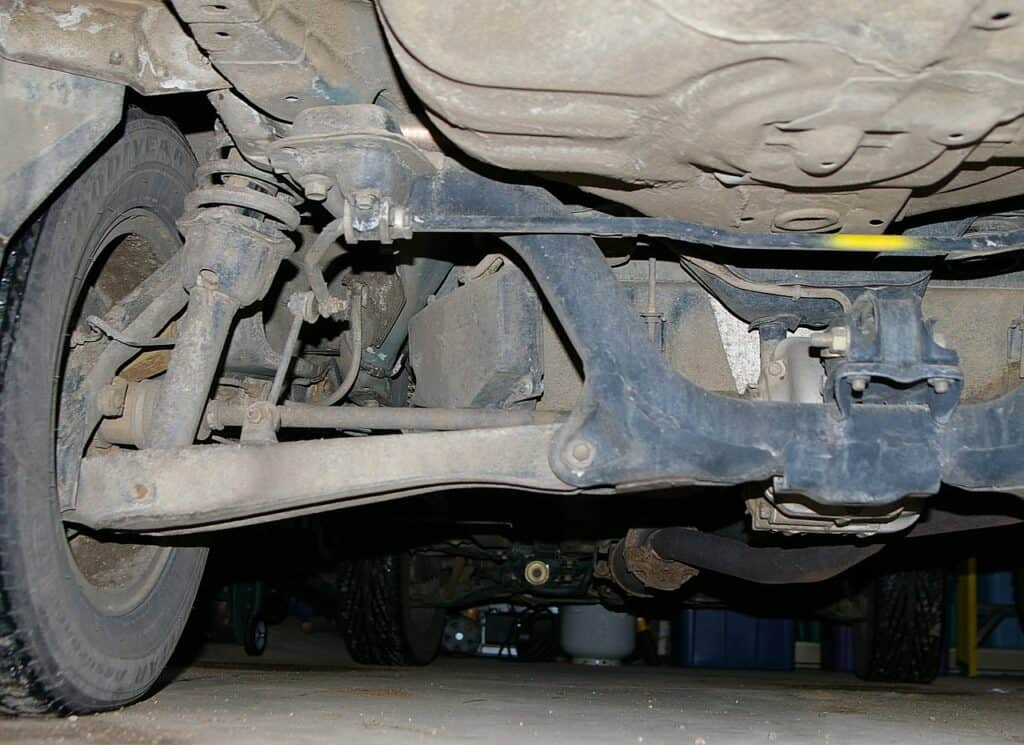
Whenever a road surface irregularity occurs while driving, the shocks dampen the vertical motion produced, decreasing the impact experienced by the people in the Car.
8. Catalytic Converter
It is another one of the essential parts of a car, and it can be spotted in the exhaust system. The exhaust system helps regulate the vehicle’s emissions (gases, etc.) and removes those emissions from the Car in an efficient way.
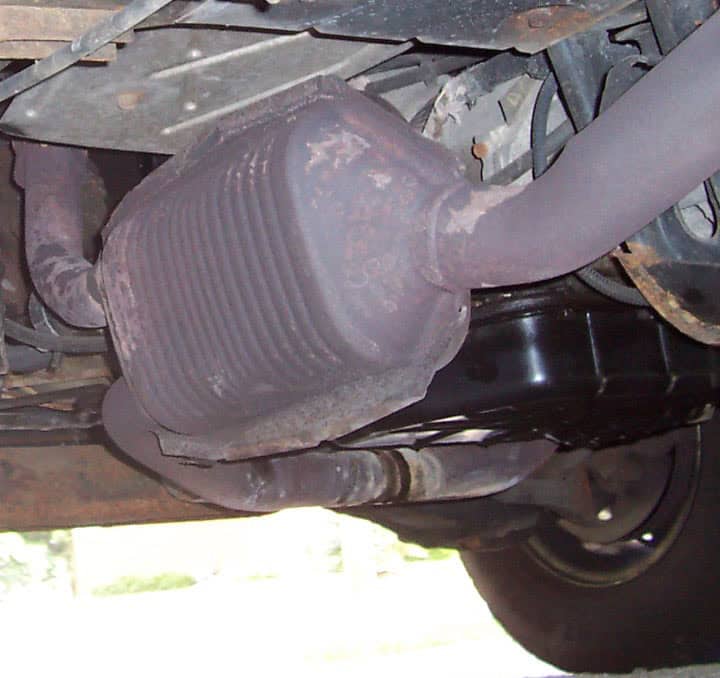
The catalytic converter in a car’s exhaust system converts harmful pollutants or gases into less harmful emissions.
9. Fuel Tank
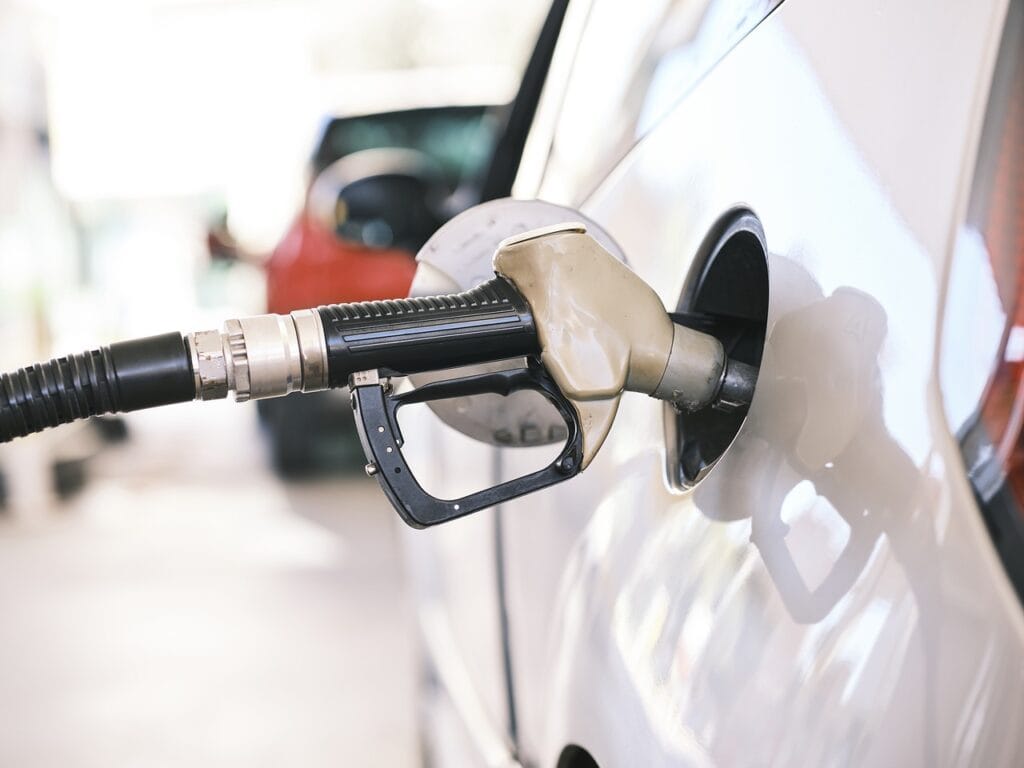
Last but not least on our list is the fuel tank. Who doesn’t know about this part of a car? It holds the gasoline or fuel that powers the Car. The fuel tank is usually located before the rear axle.
Visit Blogsweneed for more Blogs, News, and Articles like this.

Hi, I’m Nathan Cross, a writer and avid reader who loves crafting articles for newspapers and online platforms. Words are my passion, whether I’m telling stories, sharing insights, or sparking conversations. When I’m not writing, you’ll find me lost in a book or out on the baseball field, enjoying the game that keeps me grounded. Writing, reading, and baseball—these are the things that define me.

